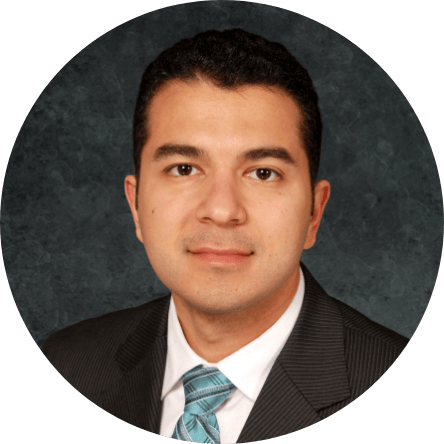 A “deviated septum” refers to a misalignment in the strip of bone and cartilage that separates the nostrils. While this is a very common occurrence, a deviated septum can lead to an unequal division of the nasal passages, which sometimes results in obstructed airflow, difficulty breathing, and other physiological concerns. Some of the most common indications of a deviated septum may include:
A “deviated septum” refers to a misalignment in the strip of bone and cartilage that separates the nostrils. While this is a very common occurrence, a deviated septum can lead to an unequal division of the nasal passages, which sometimes results in obstructed airflow, difficulty breathing, and other physiological concerns. Some of the most common indications of a deviated septum may include:
- Congestion in one or both nostrils
- Recurring sinus infections
- Frequent nose bleeds
- Snoring or mouthbreathing
- Headaches and nasal pressure
While the American Academy of Otolaryngology reports that approximately 80 percent of people have a deviated septum, not all individuals affected by the condition will experience symptoms. For those who do contend with day-to-day difficulties as a result of their deviated septum, treatment is available to straighten the internal nasal framework and improve breathing. A rhinoplasty procedure can not only enhance the aesthetic symmetry and proportions of the nose, but the surgery can also be performed to repair a deviated septum and address other functional problems. During a personal consultation with our skilled facial plastic surgeon, Dr. Ali Sepehr can evaluate your nasal structure and determine whether rhinoplasty is the best solution to correct your concerns.
Questions? Please contact OC Facial Plastic Surgery if you would like to schedule an appointment with our board-certified facial plastic surgeon or if you would like to learn more about our services.
